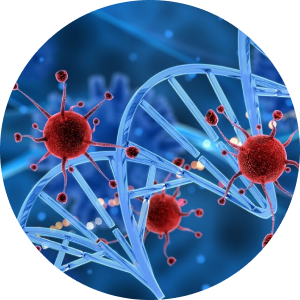



The kind of cancer treatment for you depends on —

Dr.Shruti provided exceptional care, expertise, and compassion throughout my treatment, leading to a successful outcome. Her dedication and professionalism made a significant difference in my... ...Read More
I met Dr. Shruti 3 years back at Nanavati hospital when she was assisting Dr. Muzamil Shaik. My mother is being treated at Nanavati under... ...Read More
Former Academic Advisor to Governor of Jharkhand Dr Shruti Arora, is practicing oncologist with a degree in DM Medical Oncology working at Nanavati Max Hospital, ... ...Read More
My personal experience with Dr Shruti ma'am and her team is excellent and our family is extremely grateful to her. A very humble and down ... ...Read More